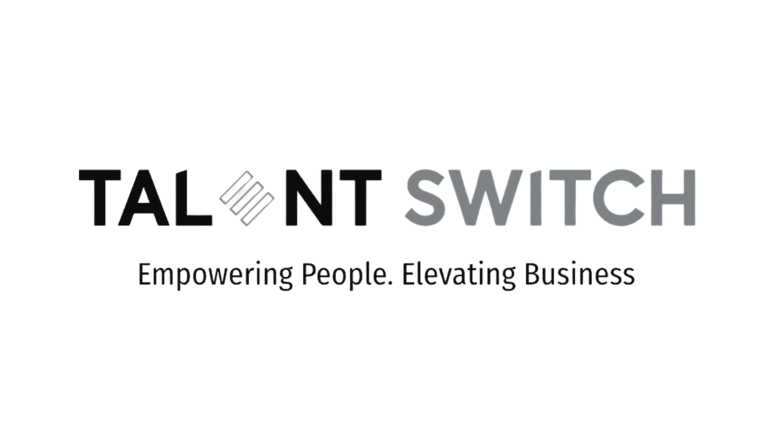Navigating Malaysia’s Evolving Employment Laws: What HR Needs to Know in 2025
6/25/20252 min read


Understanding Malaysia's Changing Employment Landscape
As 2025 approaches, HR professionals across Malaysia must brace themselves for significant shifts in the employment laws that govern our workplace. The Malaysian government has been proactive in updating its labor regulations to better reflect the changing dynamics of work. In this blog post, we'll unpack the key updates in labor laws, EPF/SOCSO requirements, and how businesses can navigate these changes to ensure compliance.
Key Updates in Labor Laws
The Malaysian labor laws have seen several revisions recently aimed at enhancing the rights of workers while maintaining business viability. One of the major changes is the introduction of more flexible working arrangements. Employers are now encouraged — and in some cases required — to offer options such as remote work and flexible hours. This shift not only aids in employee satisfaction but also positions businesses as desirable workplaces in a competitive market.
Additionally, new legislation is focusing on fair wages, particularly for gig economy workers, ensuring they receive benefits similar to their full-time counterparts. This encourages employers to engage with their gig workers in a more equitable manner, fostering loyalty and productivity.
EPF and SOCSO Compliance Requirements
The Employee Provident Fund (EPF) and Social Security Organization (SOCSO) are essential pillars of Malaysia’s social security system. As an HR professional, staying updated on the latest contributions and compliance requirements is crucial. In 2025, the EPF contribution rates are slated to undergo a revision, which means businesses will need to adjust their payroll systems accordingly. It’s vital that HR departments familiarize themselves with the new contribution percentages to avoid penalties.
SOCSO also has new programs aimed at protecting employees in various sectors, especially those in high-risk jobs. Employers must ensure that they are compliant with these requirements so that their employees are adequately covered under the insurance schemes. This not only protects your workforce but also shields your business from potential liabilities.
How Businesses Can Stay Compliant
To successfully navigate these changes, businesses should adopt a proactive approach. First, consider investing in training and resources for HR staff to keep them informed about the evolving legal environment. Regular workshops or seminars can be invaluable in ensuring that your team is well-versed in crucial updates and changes.
Implementing robust HR technology can also streamline compliance processes. Tools that automate payroll, track employee hours, and manage benefits can alleviate the workload on HR teams, allowing them to focus on strategic planning rather than administrative tasks.
Finally, foster a culture of open communication with employees. Encourage feedback and stay informed about any concerns regarding their understanding of these changes. An informed workforce can greatly reduce compliance risks while promoting a more cohesive working environment.
In conclusion, as Malaysia's employment laws evolve, so too must our approaches to HR management. By staying informed, investing in training, and utilizing technology, businesses can ensure they remain compliant and attract the best talent in the ever-changing marketplace.
